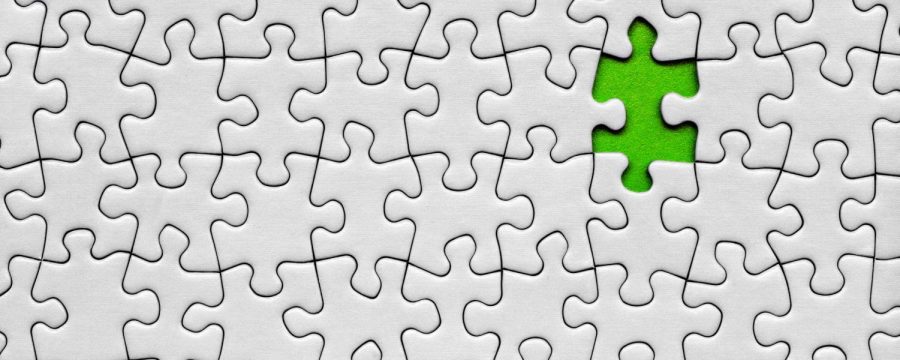Incompleteness and Mathematical Philosophy
The philosophy of mathematics is an underestimated and unrecognized field. Historically, remarkable philosophers have been mathematicians as well. Is this simply due to chance? I would answer in the negative. The aim of this article is to demonstrate an example of the numerous intersections of mathematics and philosophy, and potentially highlight the fact that our mathematical systems, just like our moral and ethical ones, are not flawless.
What is Mathematical Philosophy?
A swift Google search would provide the explanation that the philosophy of mathematics is defined as “the department of philosophy that examines the assumptions, foundations, and implications of mathematics.” But what does this signify? We usually take a substantial amount of our “maths” for granted. Mathematics and numerical methods have the potential to express our world inside of a “reality” that is essentially imaginary: mathematics. Even though the question of whether our mathematical schemes were found or constructed is highly disputable, I think that most would agree on its utility. Therefore, it is vital that we not only take advantage of mathematics, but also attempt to appreciate its foundational elements, including its drawbacks.
Who was Kurt Gödel?
Kurt Gödel was a logician, mathematician, and philosopher who made key contributions to the field of mathematical philosophy, chiefly due to his incompleteness theorems. The incompleteness theorems deal with the issue of axiomatic systems. We can consider moral or ethical axiomatic systems, as well as mathematical ones.
An axiom is generally a proposition that is regarded as correct as a matter of course. This may be due to its apparent nature, as well as its power to explain our universe, such as the fact that 1=1. On the other hand, axioms can be justified based on their utility in our systems.
When considering the incompleteness theorems, I think that it is critical to contemplate them not only from a mathematical angle but also from a moral and ethical perspective. The first incompleteness theorem essentially maintains that no consistent system of axioms is competent of verifying all truths about the arithmetic of natural numbers. The second theorem fundamentally stipulates that the system being articulated cannot demonstrate its own consistency. So, what does consistency imply? Well, if a system is consistent, then it does not result in a contradiction. It is fairly explicit that something cannot be true and untrue at the same time, and Gödel fundamentally formulates an argument concerning provability in axiomatic systems. Put simply, not all facts that are true can be demonstrated, and also, the entire system that we are working within cannot ascertain its own “validity.”
Why is this relevant?
Well, when contemplating Gödel’s incompleteness theorems in a mathematical context, there is a great deal to analyze. Acknowledging the reality that there are authentic statements that cannot be proven is tricky, and seems to oppose what most conceive mathematics to be: a scheme that is ultimately perfect. But, in fact, mathematics is not perfect. There are puzzles that we have yet to solve, and there are also problems that have no answer.
Thinking about these predicaments beyond the mathematical context is very captivating as well. If we were to accept that any ethical or moral system may also be an axiomatic system, and therefore apply Godel’s incompleteness theorem to them as well, we would find an abundance of problems. It ought to be noted, though, that the authenticity of using the theorems with loosely-defined systems is unsatisfactory in the realm of mathematics, but it is useful for our own intuition and pursuit of information. So, are there ethical dilemmas that we haven’t been able to solve using what we assume to be correct? Are there issues that materialize in the world of philosophy, ethics, and morality that truly have no resolution? Are our moral and ethical systems consistent, or will they eventually lead to inconsistency? These are all critical questions that can be investigated in the framework of Gödel’s theorems, and while arriving at the conclusion cannot be done rigorously through the application of these theorems, it offers an insightful mode of thinking. So, all in all, next time you identify a seemingly impossible problem, I would suggest attempting to think about it “mathematically.” It could prove useful.

Miss Koulouris • Oct 31, 2023 at 9:22 am
Very interesting article!